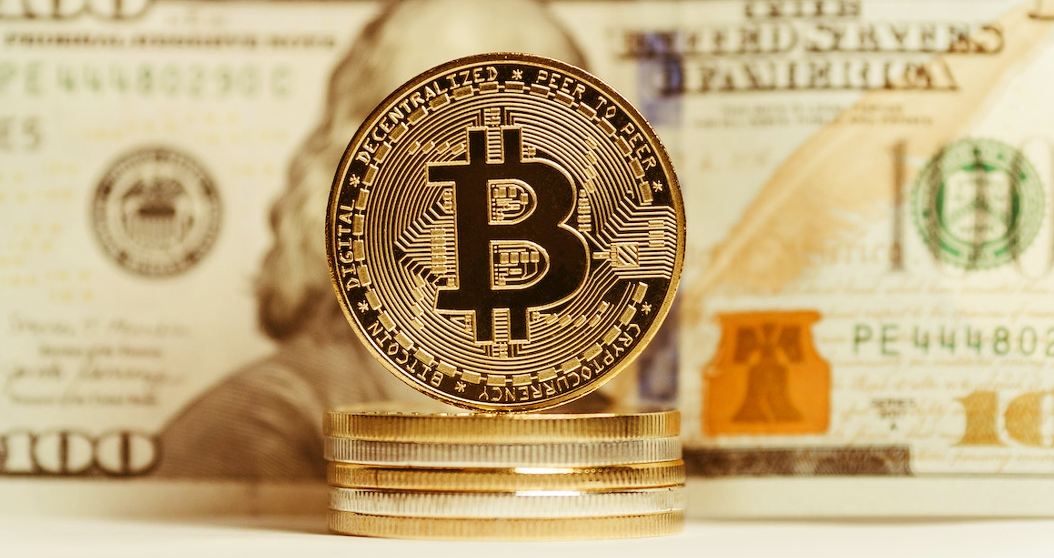The Indian government is reportedly considering the possibility of levying TDS (Tax Deducted at Source) and TCS (Tax Collected at Source) on cryptocurrency trading. This move comes as the government seeks to regulate the largely unregulated cryptocurrency market in India.
Cryptocurrencies such as Bitcoin, Ethereum, and Dogecoin have gained popularity in recent years, with many investors seeing them as a lucrative investment opportunity. However, the lack of regulation and oversight has also made them vulnerable to fraud and misuse.
The government’s proposed move to levy TDS and TCS on cryptocurrency trading is aimed at bringing greater transparency and accountability to the market. It would require exchanges to deduct a certain percentage of the transaction value as tax and remit it to the government.
While the move has been welcomed by some as a step towards regulating the market and providing greater investor protection, others have expressed concerns about its impact on the cryptocurrency ecosystem. Some argue that it could lead to a decline in trading volumes and stifle innovation in the sector.
Moreover, the government’s stance on cryptocurrencies has been a topic of debate and controversy in India, with some calling for a ban on their use altogether. In 2018, the Reserve Bank of India had banned banks from dealing with cryptocurrency exchanges, a move that was later overturned by the Supreme Court.
In conclusion, the Indian government’s proposed move to levy TDS and TCS on cryptocurrency trading is a significant development in the ongoing efforts to regulate the market. While it could help bring greater transparency and accountability to the sector, it also raises questions about its potential impact on trading volumes and innovation. The government will need to carefully consider these factors and engage with stakeholders to find a balanced approach to regulating the cryptocurrency market in India.
